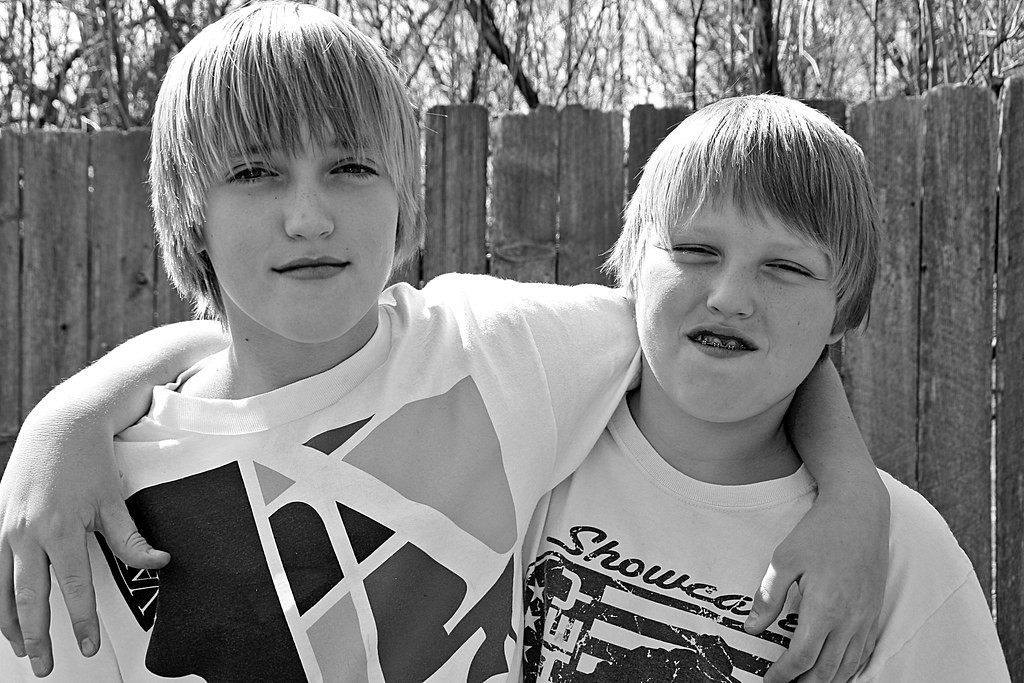Twin Relationships Redefined

As I discussed in my previous blog post, the physical confinement necessitated by the pandemic has elicited expectable behavioral and emotional challenges among children of all ages. I have received many calls about the effects of the quarantine on twins.
It may seem paradoxical that twins who are accustomed to spending most of their time together might show signs of distress and fatigue. However, twins have some opportunities to enjoy separate time at school or other activities. Not getting this break from each other disrupts their synchrony. While some pairs are doing just fine, others are acting out.
The parents of ten-year-old boys contacted me about how to manage their sons’ tendency to gang up on their mom and dad. The parents are overwhelmed by their boys’ defiance and disrespect of authority. This behavior occurred sporadically prior to the quarantine but has severely worsened since March. Responding consistently and forcefully to this “power of two” demonstration requires tremendous emotional energy. The mom and dad are understandably exhausted from attempting to manage their jobs along with the boys. We discussed a few strategies to help the boys self-regulate individually, thereby diluting the magnitude of their power displays.
Another set of parents talked with me about how the confinement affected the relationship between their thirteen-year-old daughters. Too much togetherness has induced one twin to articulate as well as act out her demands to be separate. For one twin, more than the other, to strive to define her sense of self is developmentally appropriate and understandable. However, since this push is usually the work of one twin, the other often feels abandoned, angry, and fearful. At the same time, the twin who wants to be her own person feels guilty and conflicted.
The need to differentiate occurs in many twin pairs. When handled appropriately within a framework of patience and kindness, parents can help each twin navigate his or her path by understanding one twin’s desire to individuate while being empathic to the twin who feels abandoned and angry. However, when these developmental desires are misconstrued and misinterpreted, twins may end up estranged. I treat many adult twins whose relationship was severed because they could not successfully manage this “divorce.” As a result, one or both is filled with unmitigated resentment and sadness that the twin connection was broken.
Both singletons and twins across the county are currently missing out on their customary socioemotional experiences. They are renegotiating sibling issues within a newly defined family structure. These changes demand resilience from all of us and a creative capacity to adapt to this new normal.
Image courtesy of chintermeyer (CC BY-SA 2.0)


Dear Mary Ann, Of course I remember you. I am thrilled to hear that you are relocating to Florida. I know you have struggled with that decision and am delighted to learn that you have worked through the challenges. Best of luck to you. All the best, Dr. Friedman